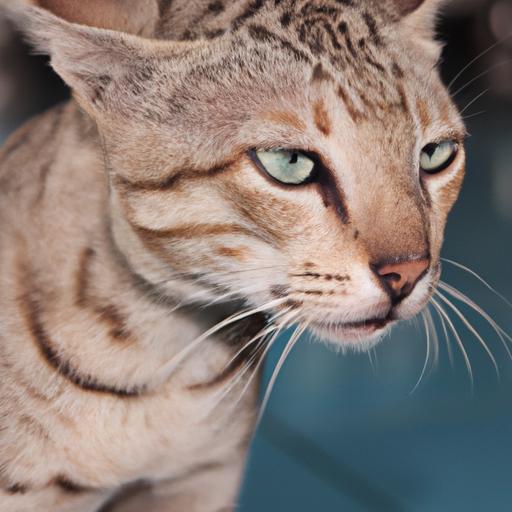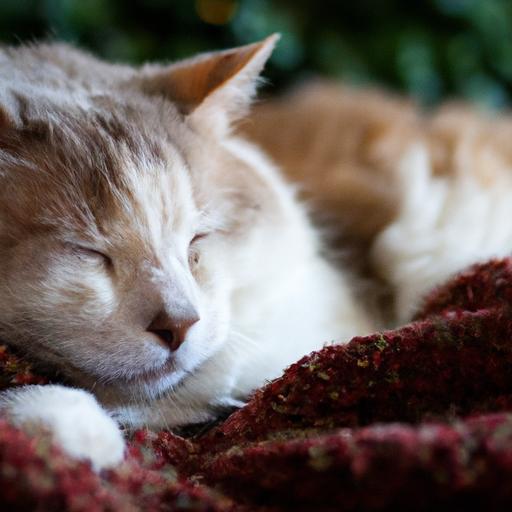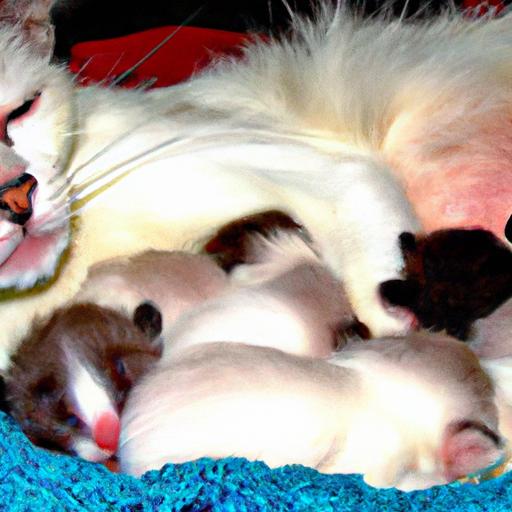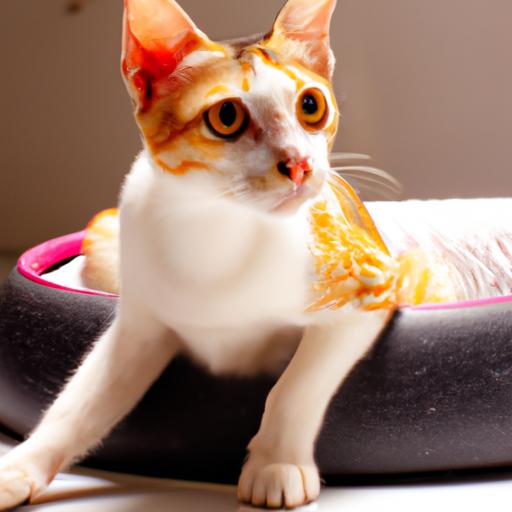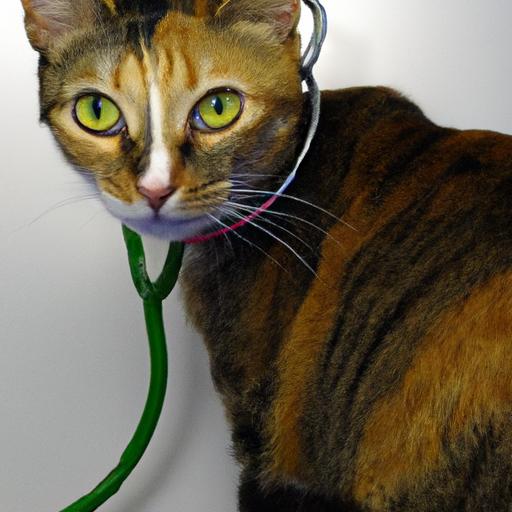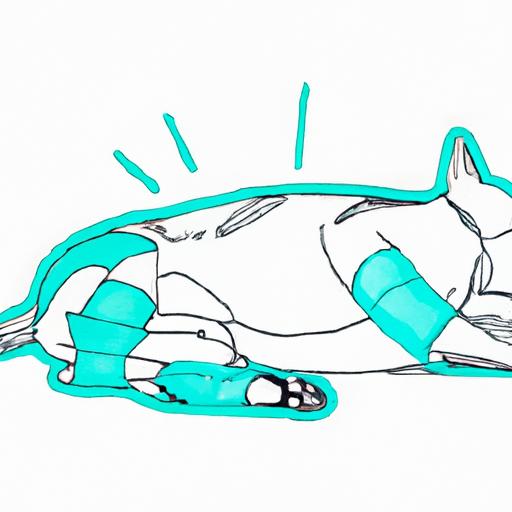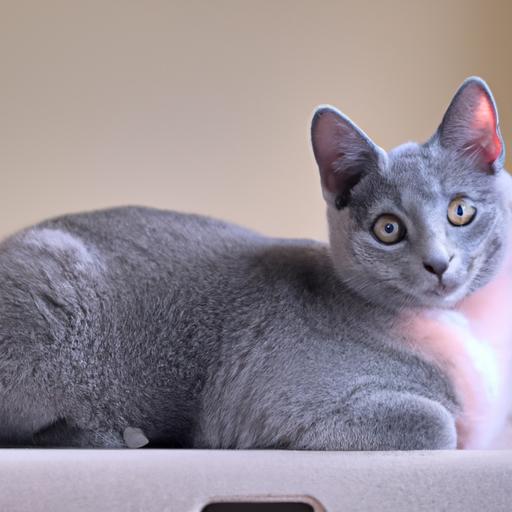
Recognizing Signs of Feline Heart Disease
Learn to recognize the signs of feline heart disease. Discover common symptoms, risk factors, and treatment options for your beloved cat’s heart health.
Introduction
Feline heart disease is a serious condition that affects the heart’s ability to function properly in cats. It can have a significant impact on their overall health and well-being. Recognizing the signs of feline heart disease is crucial for early detection and prompt veterinary care. In this article, we will explore the common symptoms and behaviors associated with heart disease in cats, provide answers to frequently asked questions, and emphasize the importance of timely diagnosis and treatment.

Recognizing Signs of Feline Heart Disease
Cats with heart disease may exhibit various signs and symptoms that indicate an underlying problem. By being aware of these signs, cat owners can seek veterinary assistance and ensure their feline companions receive the necessary care. Here are some key indicators to watch for:
1. Shortness of breath and coughing
If your cat starts experiencing difficulty breathing or develops a persistent cough, it could be a sign of heart disease. These symptoms occur due to fluid accumulation in the lungs, making it challenging for cats to breathe normally.
2. Fatigue and decreased activity levels
A noticeable decrease in your cat’s energy levels and overall activity can be an indication of heart disease. Cats with heart problems tend to tire more easily and may become less interested in their usual playtime or exercise.
3. Rapid or irregular heartbeat
Monitoring your cat’s heart rate is essential. If you notice a consistently rapid or irregular heartbeat, it is crucial to consult a veterinarian. Heart palpitations can be a sign of underlying heart disease and should not be ignored.
4. Sudden weight loss or gain
Unexplained weight loss or weight gain in cats can be linked to heart disease. Fluid retention or a decrease in appetite due to heart-related issues can lead to significant weight changes. It is essential to keep an eye on your cat’s weight and consult a veterinarian if there are sudden fluctuations.
5. Fainting or collapsing
In severe cases of feline heart disease, cats may experience fainting spells or collapse. These episodes occur due to insufficient blood flow to the brain and can be life-threatening. Immediate medical attention is necessary if your cat exhibits such symptoms.
6. Bluish gums or tongue
Cats with heart disease may develop a bluish tint to their gums or tongue. This discoloration, known as cyanosis, results from inadequate oxygen supply to the tissues. If you notice any bluish discoloration, seek veterinary assistance promptly.
7. Fluid retention and swollen abdomen
Heart disease can cause fluid retention in the body, leading to a swollen abdomen in cats. This condition, known as ascites, is a result of fluid accumulation in the abdominal cavity. If your cat’s abdomen appears distended or bloated, it may be a sign of underlying heart disease.
FAQ (Frequently Asked Questions)
Here are answers to some commonly asked questions about feline heart disease:
What are the risk factors for feline heart disease?
Certain factors increase a cat’s susceptibility to heart disease. These include age, breed (such as Maine Coon or Ragdoll cats), obesity, high blood pressure, thyroid disease, and underlying genetic predispositions. Regular veterinary check-ups are crucial to monitor these risk factors and detect heart disease early.
Can heart disease be prevented in cats?
While not all cases of feline heart disease can be prevented, there are measures cat owners can take to reduce the risk. Maintaining a healthy weight, providing a balanced diet, regular exercise, and managing underlying conditions can help promote heart health in cats. Consult with your veterinarian for personalized prevention strategies.
What diagnostic tests are used to confirm heart disease in felines?
To diagnose heart disease in cats, veterinarians may perform various tests, including physical examinations, blood tests, X-rays, electrocardiograms (ECGs), and echocardiograms (ultrasound of the heart). These diagnostic tools help evaluate the heart’s structure, function, and overall health.
Are certain cat breeds more prone to developing heart disease?
Yes, certain cat breeds are more predisposed to heart disease. For example, Maine Coon and Ragdoll cats have a higher incidence of hypertrophic cardiomyopathy (HCM), a common form of heart disease in felines. Regular check-ups and breed-specific screenings are essential for early detection and management in these cases.
How is feline heart disease treated?
The treatment plan for feline heart disease depends on the specific condition and its severity. It may involve medications to manage symptoms, improve heart function, and reduce fluid retention. In severe cases, surgery or interventional procedures may be recommended. Close collaboration with a veterinarian is crucial for an effective treatment approach.
Can cats with heart disease live a normal life?
With proper diagnosis, treatment, and ongoing management, cats with heart disease can lead fulfilling lives. While heart disease is a chronic condition, it can be effectively managed with medication, lifestyle adjustments, and regular veterinary care. Collaboration with your veterinarian and adhering to the recommended treatment plan are key to optimizing your cat’s quality of life.
Conclusion
Recognizing the signs of feline heart disease is vital for the early detection and treatment of this serious condition. By being aware of symptoms such as shortness of breath, fatigue, irregular heartbeat, sudden weight changes, fainting, bluish discoloration, and fluid retention, cat owners can take prompt action and seek veterinary assistance. Through proper diagnosis, treatment, and ongoing management, cats with heart disease can lead fulfilling lives. Remember to prioritize regular check-ups and a heart-healthy lifestyle to prevent complications and ensure the well-being of your feline companion.

